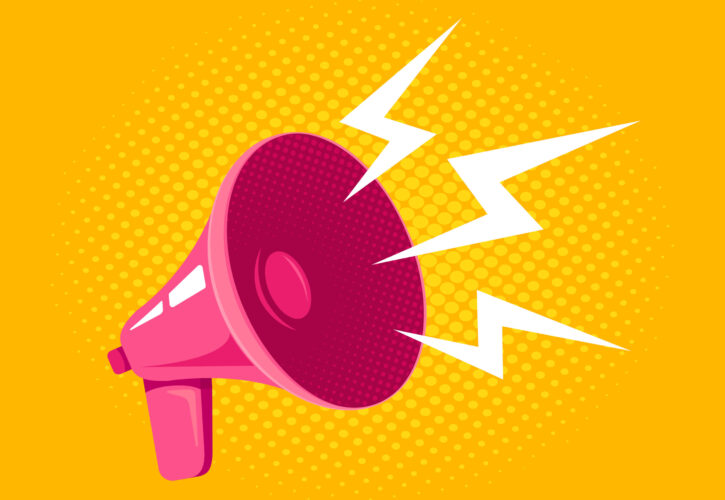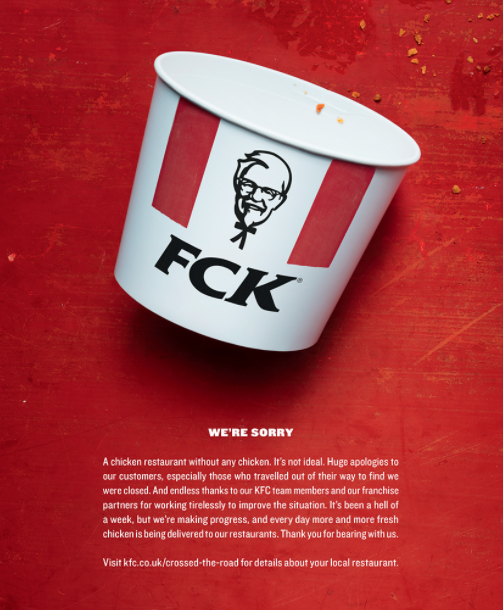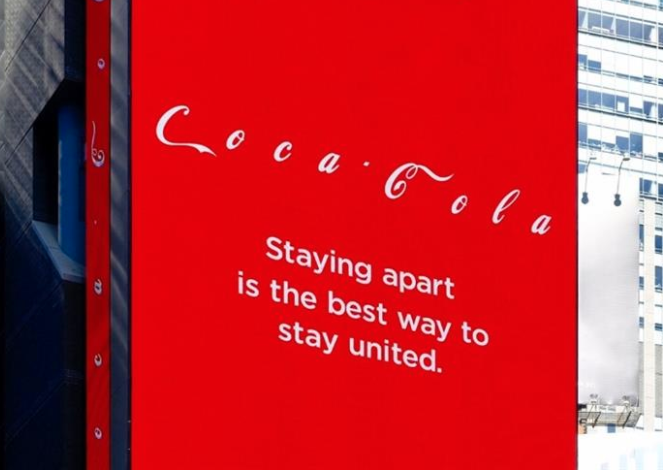
Reactive PR: Why is it important for brands to be on the ball?
The latest data from Global Web Index suggests that the COVID-19 pandemic has led two thirds of consumers to increase their news consumption. As consumers gravitate towards news content the brands with the strongest PR strategies are staying front and centre in consumers’ minds. In an ever-shifting news landscape, being agile is critical and brands who are adapting their messaging with reactive PR campaigns, newsjacking and social commentary strategies are keeping consumers engaged.
What is the public perception of brands at the moment?
In a recent survey conducted by Censuswide, 58% of the British public said that the way a brand is acting at the moment is impacting their purchasing intent – some going as far as to say that the way brands behave now will impact whether or not they buy from them in the future, too. This suggests that there is the potential for serious long-term impact for brands, if they don’t react appropriately to the crisis. People are looking to brands to spread some positivity and lead the charge. People want to see that brands understand and are spreading the message that this is a crisis to be taken seriously, by everyone.
How are brands reacting to Covid-19?
But what does a brand reacting to the current global pandemic look like? Not all brands can afford to launch a global relief campaign or donate products to our NHS heroes. A brand being reactive to the situation can be effective on any scale – but the worst thing a brand could do is nothing. Nearly 50% of Brits said that they would trust a brand less if they were to ignore the current situation, not reacting at all. It’s not BAU for anyone and by not acknowledging that things are difficult right now, brands could be significantly damaging their future.
So what makes a good reactive PR campaign at the moment? Ordinarily, brands can have some real fun when it comes to reactive PR, take KFC’s ingenious response to their nation-wide chicken shortage in 2018 (see below).

KFC react to news of a chicken shortage across the UK.
But during this time of uncertainty and stress, when a lot of people are losing loved ones and worried about the future, brands need to tread carefully when it comes to their reactions. And most are doing just that. Some of the world’s biggest brands have redesigned their logos to abide by the new social distancing rules, not only showing the world that they are taking the crisis seriously but also engaging consumers with their brand ingenuity. The likes of McDonalds, Coca-Cola and Zara have all done it; Zara’s newly socially distanced logo playing out alongside a reminder about the importance of social distancing when you open the app, with Coca-Cola doing the same with a huge billboard in Times Square (which people are being encouraged to share on social, not go and visit in person!)

Coca-Cola rebrand with a huge billboard in Times Square to encourage people to social distance.
But what about smaller brands who don’t have those budgets?
These are great examples of brands reacting to situations that will really resonate with people, staying at the forefront of consumer’s minds when the normal day-to-day triggers brands use to initiate sales aren’t available. But even when we’re not in times of crisis, consumers want to engage with brands who have strong brand personalities, to feel as though they know the brand better and are part of its story. And this kind of reactive strategy isn’t just a huge benefit to a brand story, but to SEO as well and something that can be implemented by brands of any size.
Through establishing a quick-fire reactive newsjacking strategy and a strong rapport with consumers on social, a brand can secure links and coverage on high authority sites and publications, offering expert comment and advice on topical issues and events, supporting the technical website rankings but also solidifying that consumer engagement by being conversational and interested in the same things consumers are. And most importantly – engaging with them. This is a great strategy for smaller brands who want to respond to something – whether it be Covid-19 or something less sinister – and to do it in a way that continues to solidify their brand image. You don’t need the global reach to do that – you just need to be reactive to – and conversational with – what’s going on.
Take London’s Crosstown Doughnuts – usually supplying London’s hungry office workers with tasty treats for meetings and afternoon lulls, their demand fell by the wayside when work from home rules were introduced. So, adapting to the conversations around them, they took a U-turn in their business offering and teamed up with local food suppliers, taking advantage of their delivery structure to deliver essential foods instead. The Crosstown Collective now delivers eggs, dairy, bread and fruit and veg, pivoting their business to react to the crisis and staying relevant.
Stay relevant in the right way
So by staying on the ball and ensuring that your brand is talking to your consumers, acknowledging in the news the same things that a consumer is reading about, a brand can earn loyalty from their consumers – a loyalty that pays its dues in a time of crisis. These are tough times for any brand but all brands, no matter how big or small, can use reactive PR methods to stay relevant in the right way: spreading the right messages and by doing so, staying on the right side of public perception.
Want to read more about Digital PR? Try our recent blog post on How to PR a brand no one has ever heard of, with Content Marketing





